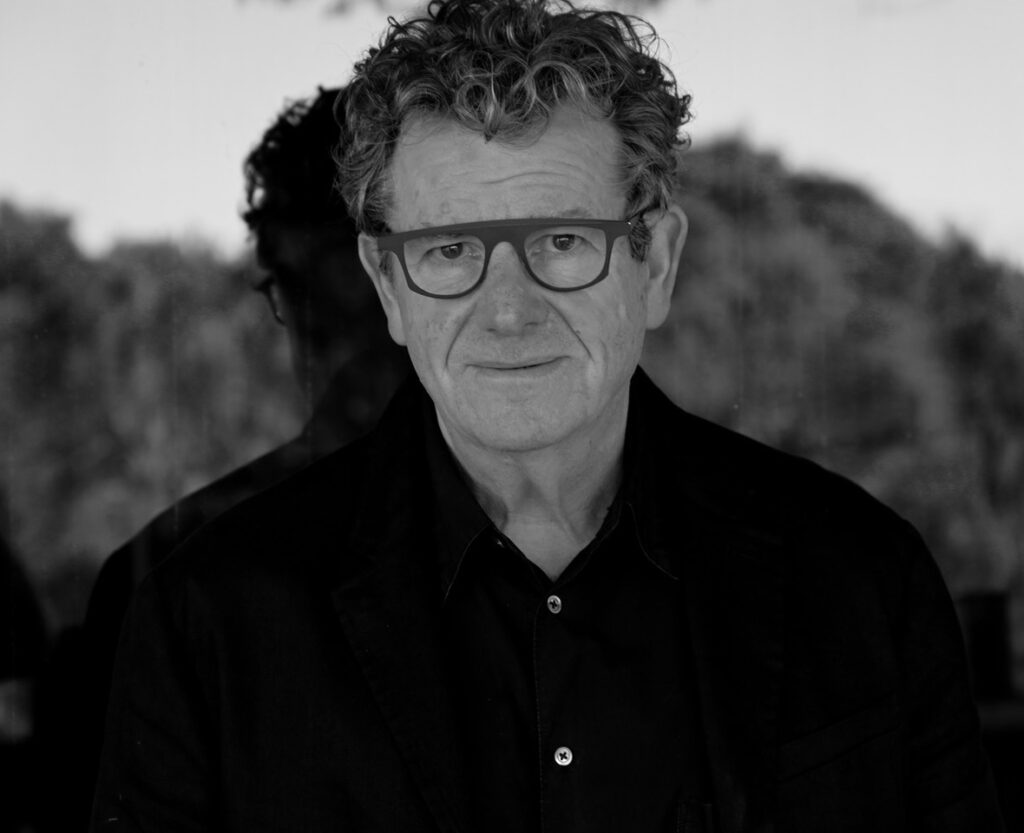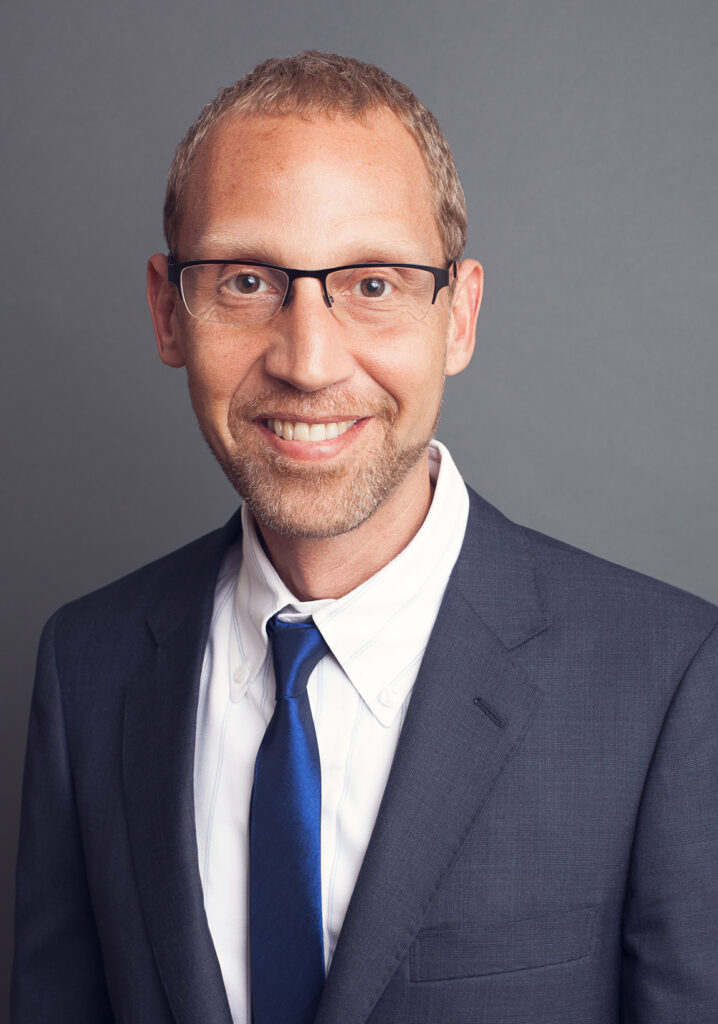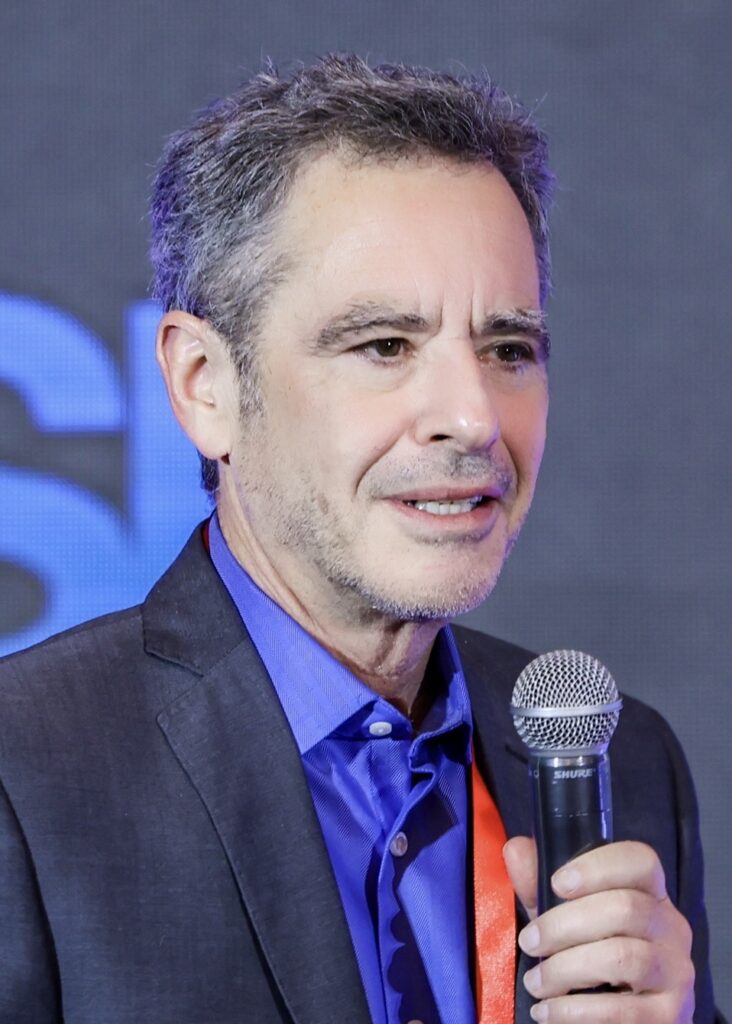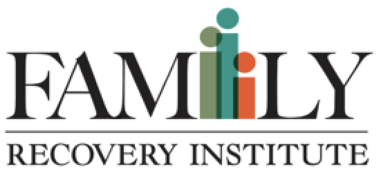This list will be updated as we receive donations.

- This event has passed.
Liberation Through Dreams: Synthesizing Jungian Insights and Ethnopsychology to Decolonize Clinical Practice and Enhance Cultural Sensitivity
Presented by: Nadia Thalji, PhD [Seminar]
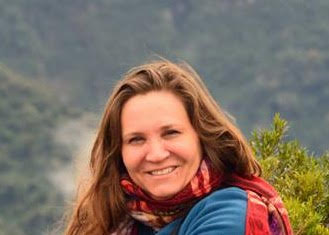
NARRATIVE:
This presentation serves as the introduction to a seminar exploring relevance and symbiotic relationship between Jungian psychology and ethnopsychology within a postcolonial context. Participants will delve into the intricate landscape of dreams, navigating cultural dream narratives and examining how Jungian archetypes intertwine with the impact of colonial histories. Special emphasis is placed on clinical implications, offering insights into therapeutic approaches that bridge the realms of cultural sensitivity, dream analysis, and psychological healing.
LEARNING OBJECTIVE:
- Demonstrate an understanding of the intersection between Jungian psychology, ethnopsychology, and postcolonial perspectives in the context of decolonizing clinical practice
- Identify the cultural nuances and historical legacies shaping dream narratives with postcolonial framework, incorporating Jungian archetypes into the analysis.
- Analyze the clinical implications of integrating cultural sensitivity, dream analysis, and psychological healing within therapeutic approaches, as discussed in the seminar.
- Apply the principles of decolonizing clinical practice, as outlined in the seminar, to create psychotherapy strategies that honor cultural diversity and promote liberation through dream work.
COURSE OUTLINE
8:30 am
Introduction of presenter
9:00 am
Overview of Jungian and Ethnopsychological Perspectives
10:00 am
Exploration of Cultural Dream Narratives and Jungian Archetypes
10:15 am
Break
10:30 am
Clinical Implications: Therapeutic Approaches and Cultural Sensitivity
11:00 am
Case Studies: Integrating Ethnopsychology and Jungian Insights
12:00 pm
Lunch Break
1:00 pm
Dream Analysis Workshop: Interpreting Dreams within a Postcolonial Framework
2:00 pm
Interactive Discussion: Decolonizing Psychological Discourse
3:00 pm
Strategies for Incorporating Ethnopsychology and Jungian Insights into Clinical Practice
4:00 pm
End of Summer
CONTENT CURRICULUM
This workshop will expand the participant’s knowledge about how culture and colonialism shape psychology through an application of Jungian archetypes and dream analysis.
People who seek psychological help are often, is not always, impacted by colonial histories in ways they are typically unaware. An opportunity to expand and deepen psychotherapeutic treatment opens when practitioners hold in mind how people’s inner worlds are shaped by such histories.
The target audience is everyone who is working clinically in the mental health field. The concepts will be explained simply enough so that they will be accessible to participants who are beginners in the field, as well as those with advanced knowledge.
The content is based on research and theoretical developments in both the fields of psychology and ethnography published in peer reviewed journals. None of the content incurs risks.
The content of this course is centered upon diversity and culture, particularly as it relates to colonial histories.
BIO:
Dr. Nadia Thalji, Ph.D., is a licensed clinical psychologist specializing in depth psychology. She holds a Ph.D. in Clinical Psychology from Pacifica Graduate Institute and is licensed by the California Board of Psychology. Fluent in English, Spanish, and Portuguese, Dr. Thalji provides multicultural psychotherapy with training from The C.G. Jung Institute of San Francisco and the Sociedade Brasileira de Psicologia Jungiana in Brazil, member of the International Association for Analytical Psychology.
As an adjunct faculty at Antioch University, Dr. Thalji teaches analytic psychology on dreams and active imagination. She has taught internationally, hosting seminars and TED Circles. Her research on immigration as a liminal experience has enriched her clinical practice. She co-authored a paper on indigenous healing and the experiences of the Yawanawa women in the Amazon. She is completing additional certifications at Sociedade Brasileira de Psicologia Jungiana in Brazil on analytic work with couples and the Mythology of the Orixas. In 2024, she presented two panels on trauma at the 14th International Ferenczi Conference in Brazil.
COST:
CIP Members:
$120 early registration 10 business days prior to seminar; $150 after
Non-Members:
$150 early registration up to 10 business days prior to seminar, $180 C0 after
CEs: 6 CEs for LMFTs, LCSWs, and Psychologists. Participants must attend the full live session and complete the evaluation at the end to receive a CE completion certificate.
The Community Institute for Psychotherapy is approved by the American Psychological Association to sponsor continuing education for psychologists. The Community Institute for Psychotherapy maintains responsibility for these programs and their contents.
Accommodations will be made wherever possible for those with disabilities. Please let us know of any disabilities upon registration to ensure proper accommodations are put in place prior to the workshop/training.
Cancellations must be received in writing 10 business days prior to the seminar, class, or first study group session for a refund minus a $25 cancellation fee. Cancellations less than ten days will not be refunded.
Grievance Procedure: CIP will respond to complaints in a reasonable, ethical and timely manner, when submitted by program attendees in writing to the Chair of CIP’s Professional Development Committee.
Anti-Discrimination Policy: CIP shall not discriminate against any individual or group with respect to any service, program or activity based on gender, race, creed, national origin, sexual orientation, religion, age or other prohibited basis. CIP does not require attendees to adhere to any particular religion or creed in order to participate in training. CIP will not promote or advocate for a single modality of treatment that is discriminatory or likely to harm clients based on current accepted standards or practice.
*There is no conflict of interest or commercial support related to this CE program.




